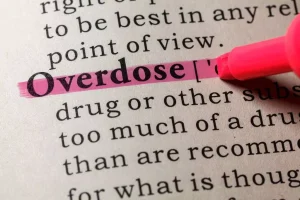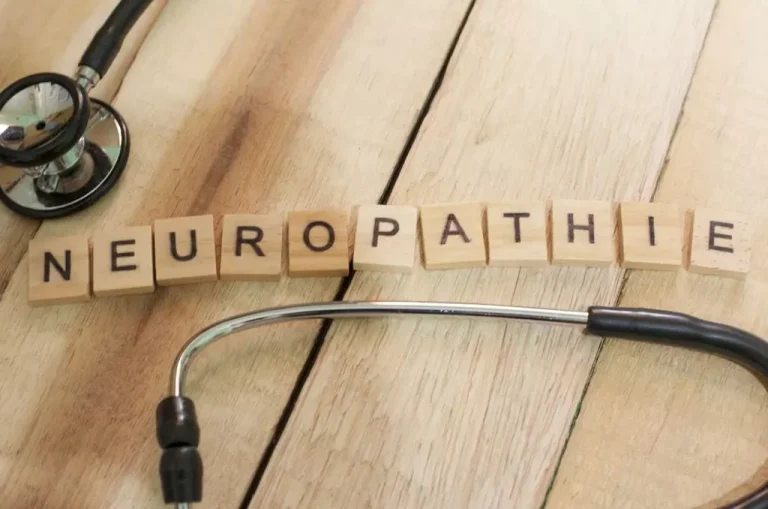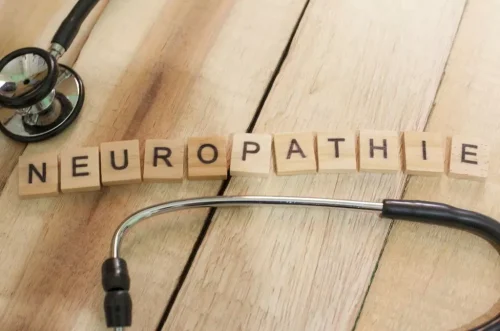How Long Do Hangovers Last? Symptoms & Remedies

For people living with heart disease, hangover symptoms such as rapid heart rate and high blood pressure can be dangerous. Hangover symptoms peak when the blood alcohol concentration in the body returns to about zero. Some healthy adults can become sick from consuming even a small amount of alcohol.
How common are hangovers?
Alcohol-induced hangover symptomatology can be alleviated with IV hydration therapy, though hangover-resistant drinkers may experience fewer symptoms. You know that a good sleep can help you feel your best in the a.m. But you might not realize that while a few glasses of wine could put you to sleep, vino certainly won’t help you get your deepest snooze on. “People tend to have interrupted sleep following a drinking episode,” says Dr. Goggans. “Alcohol has a diuretic effect—heavy drinking may maximize that,” says Vincent Pedre, MD, author of Happy Gut. Drinking can dehydrate you—even more so if you’re vomiting or suffering from diarrhea.
Things to avoid
- The amount of alcohol a person consumes is often the most crucial factor in determining how long and how serious your hangover is going to be, but it is not the only one.
- Outpatient treatment programs provide counseling and therapy sessions on an outpatient basis.
- Ethanol can cross the blood-brain barrier, where it produces much of its hangover effects, but acetaldehyde cannot.
- It’s important to check with your insurance company to understand the details of your coverage, including any copayments, deductibles, and the network of approved treatment providers.
- But, if you’re 12 hours out from your last drink and symptoms continue to get worse, it could mean you’re in withdrawal.
The answer to how long do hangovers last how long does a hangover last can be found in our genetics as well as the empties from the night before… When alcohol is metabolized, it produces acetaldehyde, a toxic compound that triggers the release of inflammatory cytokines. These cytokines, such as tumor necrosis factor-alpha (TNF-α) and interleukin-6 (IL-6), cause systemic inflammation. The imbalance of these and more vital electrolytes disrupts nerve signaling, muscle operation, and fluid balance.
Severe hangover symptoms

For https://ecosoberhouse.com/ example, someone who participated in a binge drinking session will have a longer lasting hangover than a person who had a few drinks over a number of hours. Consider alternating a non-alcoholic drink with each alcoholic beverage. It will give your body more time to digest the alcohol, reducing hangover symptoms. According to a recent study, the average duration of an alcohol hangover is 18 hours after stopping drinking or 12 hours after waking up.4 However, several factors influence this timeline. A hangover is a group of unpleasant symptoms that can happen after drinking too much alcohol.

When do hangovers peak?
Depending on the amount of alcohol consumed, hangover symptoms can range from mild to severe and typically resolve within a few hours, but may persist for a day or two. Whatever your choice of breakfast, most hangovers go away after a tall glass of water and some hearty food. According to a recent study, a person with type 1 diabetes will likely experience hypoglycemia after drinking alcohol.9 Hypoglycemia is a dangerous condition characterized by low blood sugar levels. More-serious symptoms from heavy drinking may be a sign of alcohol poisoning — a life-threatening emergency.

It enhances the effects of GABA, the main inhibitory neurotransmitter, Substance abuse causing sedation. At the same time, it inhibits glutamate, the main excitatory neurotransmitter, which affects memory formation and learning. These changes negatively affect concentration and memory, and slow reaction times. MAT combines medication with counseling and behavioral therapies to treat alcohol addiction.
- Many people misguidedly believe that drinking more alcohol can cure a hangover.
- Pain relievers such as acetaminophen (Tylenol) filter through the liver the same way alcohol does.
- To get addicted, you need to start with low nourishment and drink a lot so that it hits max value.
- If you find that you are unable to control your drinking, it is essential to seek help.
The best way to avoid a hangover is not to drink alcohol in the first place, even when it might seem like a good idea at the time. But, even if you stick with the recommended one drink per hour, you might end up paying for it the next day. Hangovers begin when your previously raised blood alcohol level drops and nears zero. Dr. Imran Abbasi, DO, UnityPoint Health, offers his advice to help you get on your feet faster. A drink or two while hungover may temporarily take the edge off some symptoms, but more alcohol throws your body back into the same cycle without giving it a chance to recover. Also, using alcohol as a crutch to get through a hangover can lead you down a slippery slope to unhealthy drinking patterns and increase your risk of alcohol abuse.
Alcohol: How It Can Affect Your Body
It is life threatening and requires immediate medical intervention. Pain relievers such as acetaminophen (Tylenol) filter through the liver the same way alcohol does. Healthcare professionals caution using this type of medication regularly along with alcohol as it can increase the risk of liver damage. Because individuals are so different, it is difficult to predict how many drinks will cause a hangover. Any time people drink to intoxication, there is a chance they could have a hangover the next day.
- Although alcohol is known to induce sleep, it’s most likely to cause disrupted sleep.6 This makes you feel worse when you wake up, prolonging and worsening hangover symptoms.
- Hangover symptoms don’t need to be caused directly by alcohol.
- One school of thought considers hangovers a mild form of alcohol withdrawal.
- For example, drinking more alcohol (“hair of the dog”) won’t help a hangover.
- Bartenders also don’t always exactly measure shots or pours of wine.
- A difference in a gene that affects the way the body breaks down alcohol may make some people flush, sweat or become ill after drinking even a small amount of alcohol.
Ten: lingering effects of alcohol impair cognitive function
Here, we explore comprehensive treatment options designed to guide individuals towards a path of sustained recovery. Detection times can vary based on factors like metabolism, dosage, frequency of use, and the type of drug test used. They can help determine your level of addiction risk and potential avenues of treatment, if necessary. You might also start by taking a self-assessment to see where you stand in terms of a diagnosable condition.